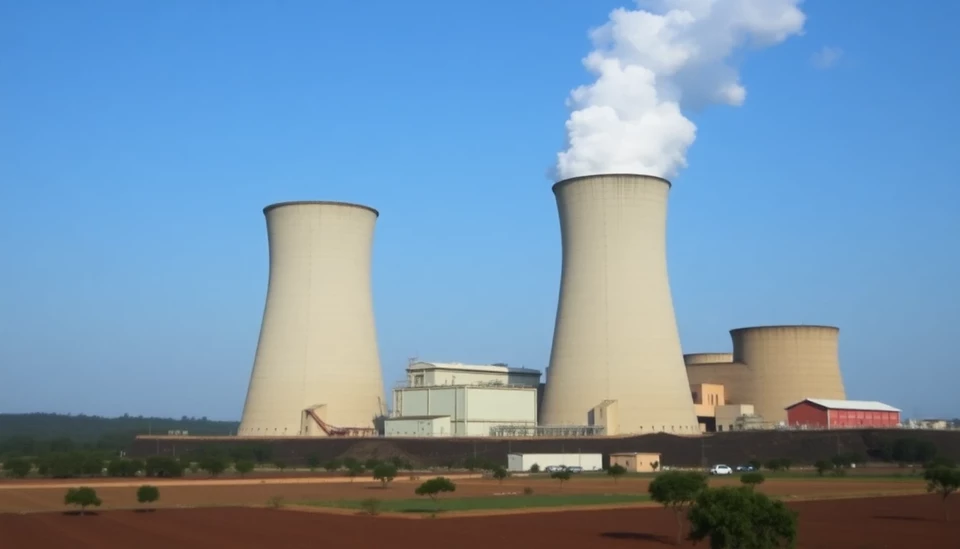
In a significant shift toward energy diversification, Zambia has officially approved the construction of a new coal power plant. This decision comes as the country grapples with severe drought conditions that have drastically reduced the output from its primary energy source—hydropower. The approval is expected to play a crucial role in stabilizing Zambia's electricity supply amidst widespread power outages that have been affecting homes and businesses alike.
The Zambian government, led by President Hakainde Hichilema, is responding to an urgent need for reliable energy as water levels at major dams have plummeted due to prolonged droughts. These extreme weather conditions, influenced by climate change, have led to a situation where the country has been unable to meet its energy demands, forcing citizens to endure rolling blackouts lasting up to 12 hours a day.
Energy Minister Peter Kapala stated that the newly approved $1 billion coal power project, expected to generate 600 megawatts of power, aims to enhance energy security. The plant will be located in the southern region of Zambia—the area that has been hit particularly hard by the adverse climatic conditions affecting hydropower production at the Kariba Dam and Shonga Gorge, the nation’s primary sources of renewable energy.
As Zambia moves forward with this coal project, there are concerns regarding environmental impacts and the country’s climate commitments. Activists and environmental organizations have raised alarms about the environmental implications of building new coal facilities, highlighting the need for a balanced approach that does not compromise Zambia’s goals of sustainable development and climate resilience. This debate is expected to intensify as construction progresses.
Despite these reservations, Zambian authorities assert that the coal plant will serve as a bridge towards a more robust energy landscape, allowing for the implementation of future renewable energy projects. The government aims to attract investments in solar, wind, and other sustainable energy solutions to eventually transition away from fossil fuels, maintaining a focus on long-term energy independence.
The approval of the coal power project reflects a broader trend in the region, where several African countries are reconsidering their energy strategies in light of environmental challenges and growing energy demands. As traditional renewable sources like hydropower become increasingly unreliable due to climate variability, many nations are looking at fossil fuels as a necessary alternative to support their economies and provide essential services to their populations.
This development serves as a reminder of the complexities facing countries like Zambia, where immediate energy needs often clash with long-term environmental goals. The government’s commitment to balancing these priorities will be under scrutiny as the region navigates these dual challenges of energy security and sustainability.
In the wake of this announcement, it’s clear that Zambia is at a crossroads—tasked with ensuring energy availability while grappling with the implications of increasing its reliance on coal as part of its energy profile. How this will affect the nation’s path toward sustainable energy remains to be seen.
As the construction of the coal power plant begins, many local communities will be watching closely, hopeful that it will bring relief from the long-standing power shortages that have hindered economic growth and daily life.
In conclusion, Zambia’s decision to embrace coal power signals a significant moment in its energy policy evolution, reflecting both the pressing need for immediate electricity generation and the complicated path toward sustainable and environmentally friendly energy reforms in the future.
#Zambia #CoalPower #HydropowerCrisis #EnergySecurity #SustainableDevelopment #ClimateChange
Author: Peter Collins




